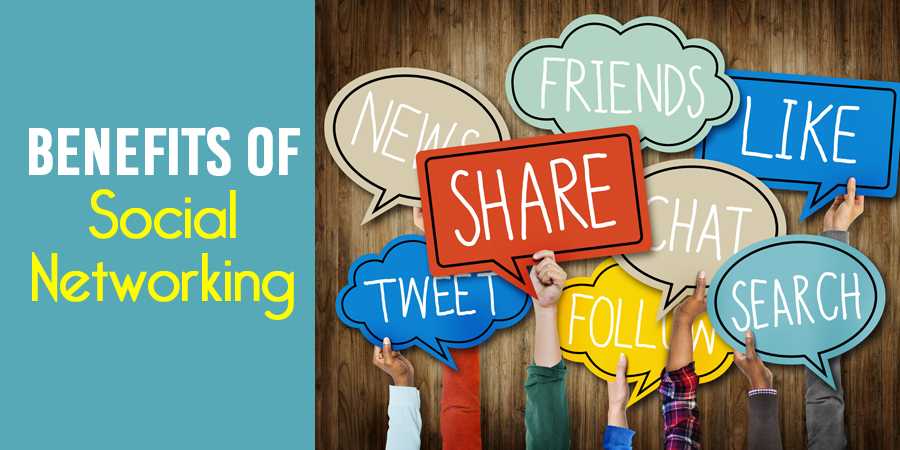What is Online Social Networking?

Let’s face it, the Internet has forever changed the way we live and it has become an integral part of our lives.
Instant Messaging, Voice over IP and Portals have become critical to life & business – a whole lot of us would have a hard time surviving without the Internet and a whole more could not imagine life without online social networking.
Today, you commonly hear phrases such as “Hey, check out my Facebook”, or, “Connect with me on LinkedIn” or “I will tweet you”. I can understand Facebook, Linkedin and the others, but I must admit that I am intrigued by “Tweet” and “Twitter”.
Online social networking is


